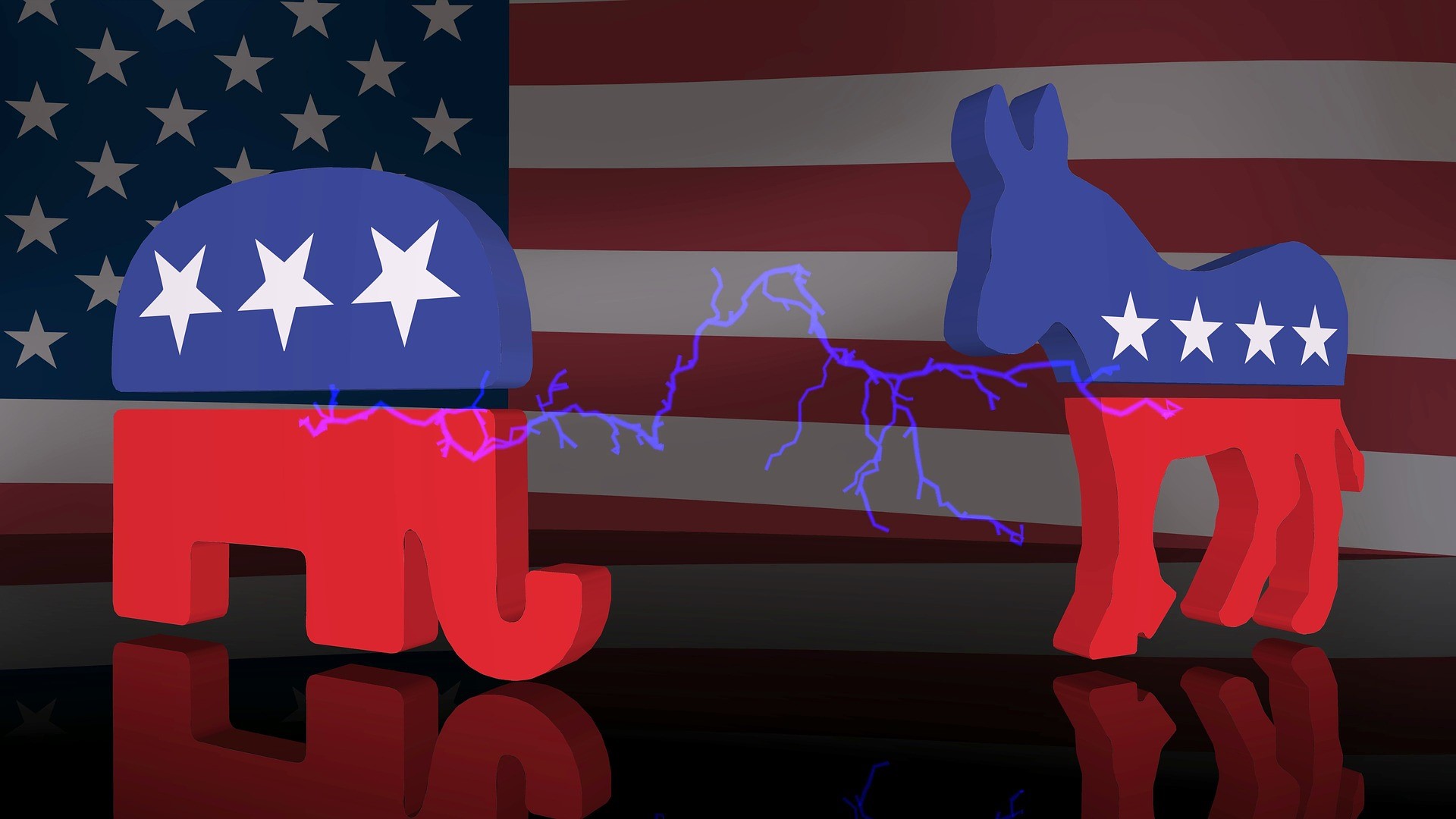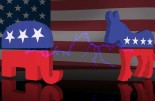AXA IM: US political sentiment colours consumer confidence
AXA IM: US political sentiment colours consumer confidence

Americans are keen to spend their money, but at the same time they remain quite grumpy about their economic prospects, Gilles Moëc, AXA Group Chief Economist and Head of AXA IM Research, states in his weekly Macrocast.
To quantify this, we estimate a simple model in which consumer expectations are explained by the unemployment rate, inflation and the year-on-year change in equity prices. The model projects for the recent period a much higher level of consumer confidence than what has been observed.
Moëc and his team think consumption will duly decelerate gradually in 2024, as income growth softens and savings rates rise from recent post-pandemic lows – all a natural consequence of the monetary tightening finally making its way through business decisions, triggering a slowdown in job creation. Yet, with the presidential elections looming, this 'unexplained grumpiness' of consumers emerging even before the economy takes a gear down is of course politically relevant.
'Classically, causality goes from objective economic conditions to citizens’ confidence and then support - or distrust - for the incumbent President. […] We may be in a reverse causality configuration now, with purely political sentiment about the generic direction of the country colouring the appreciation of economic conditions. If the latter dominates, there may not be any amount of strong employment and wage prints which could alter citizens’ perceptions,' Moëc says.
In the table below Moëc and his team have reported the level of consumer expectations in February, June, and October of each year an incumbent President was seeking re-election. Looking back at all incumbent’s re-election bids since 1972, the level of consumer confidence at this stage of the campaign is lower than those seen in successful bids.
What can make the Democrats hopeful is the specific personal equation of Donald Trump. Consumer confidence at the start of the year of his re-election bid in 2020 was higher than what three of his successful predecessors had to deal with (Clinton, Obama, and Bush Junior) and on par with what Nixon and Reagan enjoyed.
He still lost. 'This suggests that Biden’s best chance to defeat Trump again lies not so much in touting his – objectively good – economic record, but by simply making it plain that he is not Trump. The election may not be won on the economy,' Moëc explains.
'This gets us to a paradox. The 2024 election may well end up in a very personal fight, with a focus on social issues, while the economic platforms of the two candidates should in our view attract a lot of attention. They are consistent, largely divergent, and consequential. Culture wars may decide the fate of the election, but the rest of the world will have to deal with very tangible consequences of stark US economic choices,' Moëc concludes.









